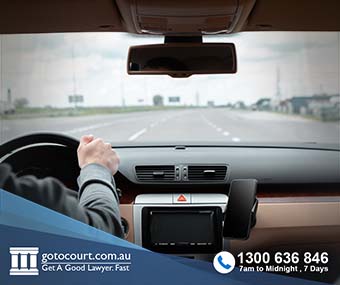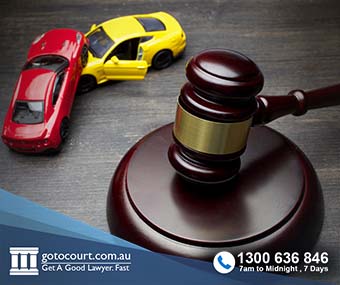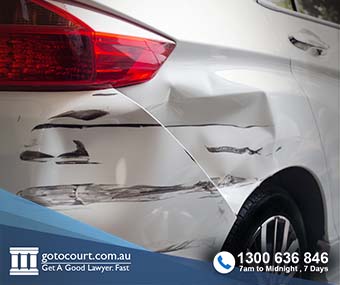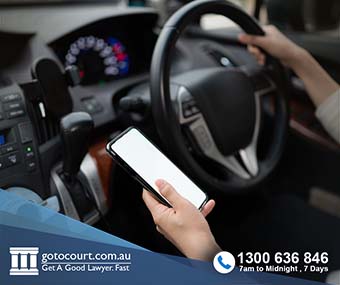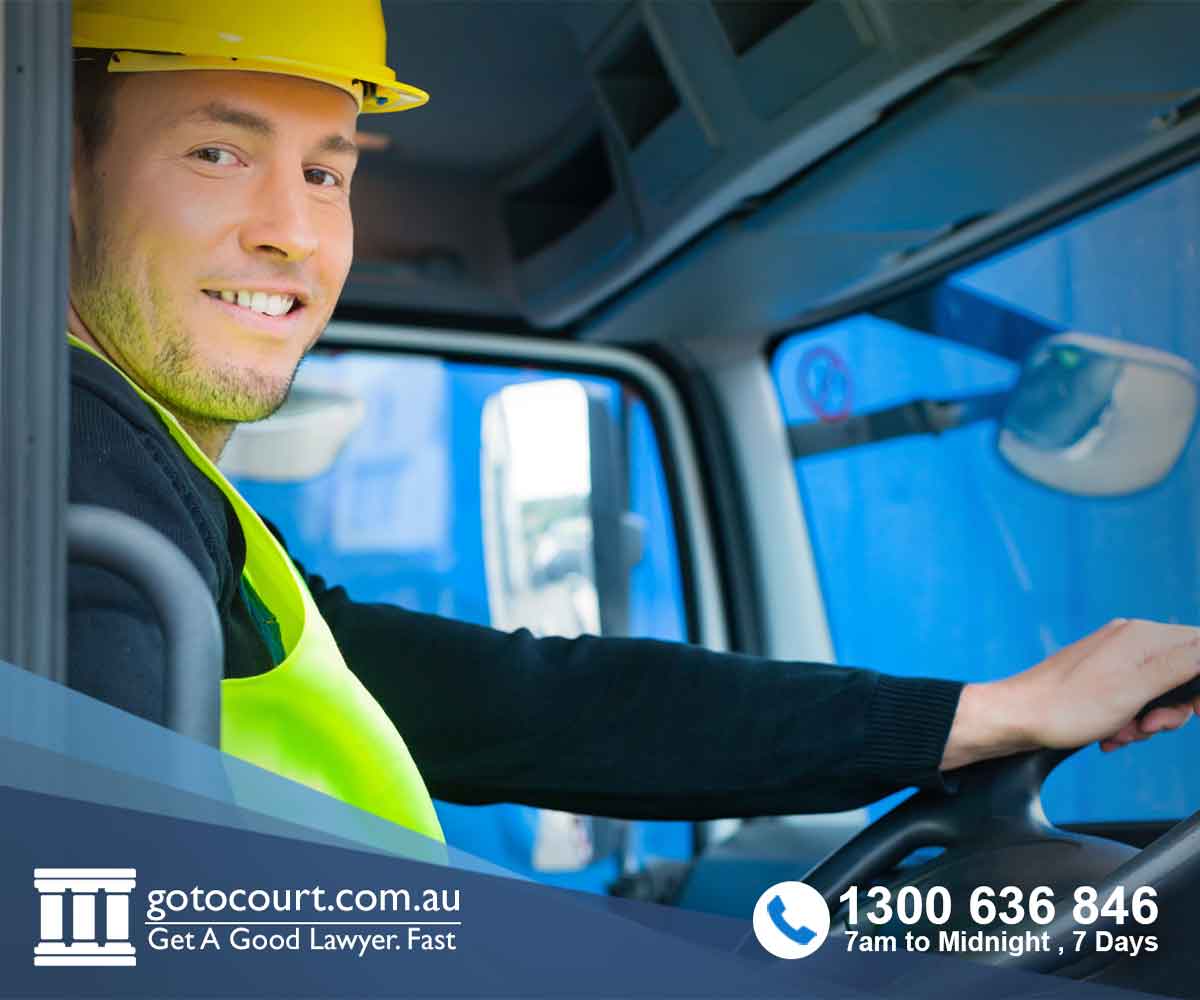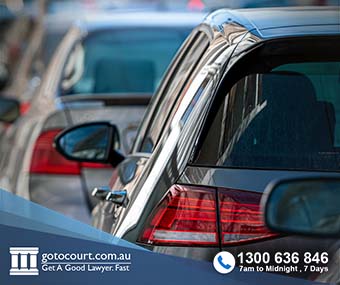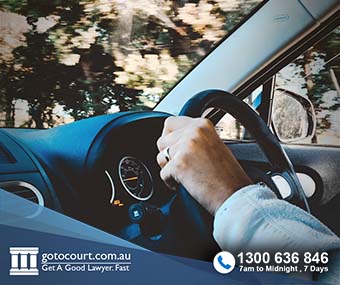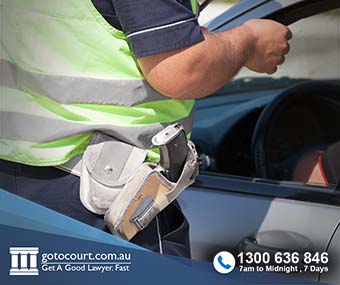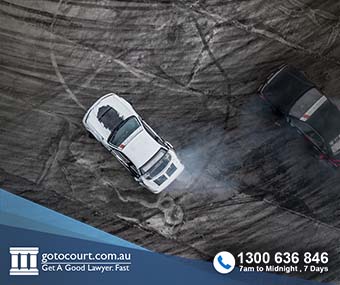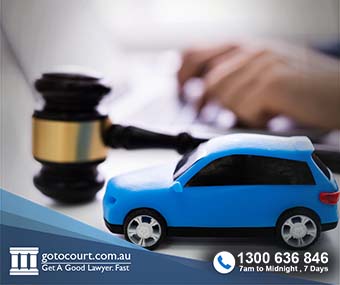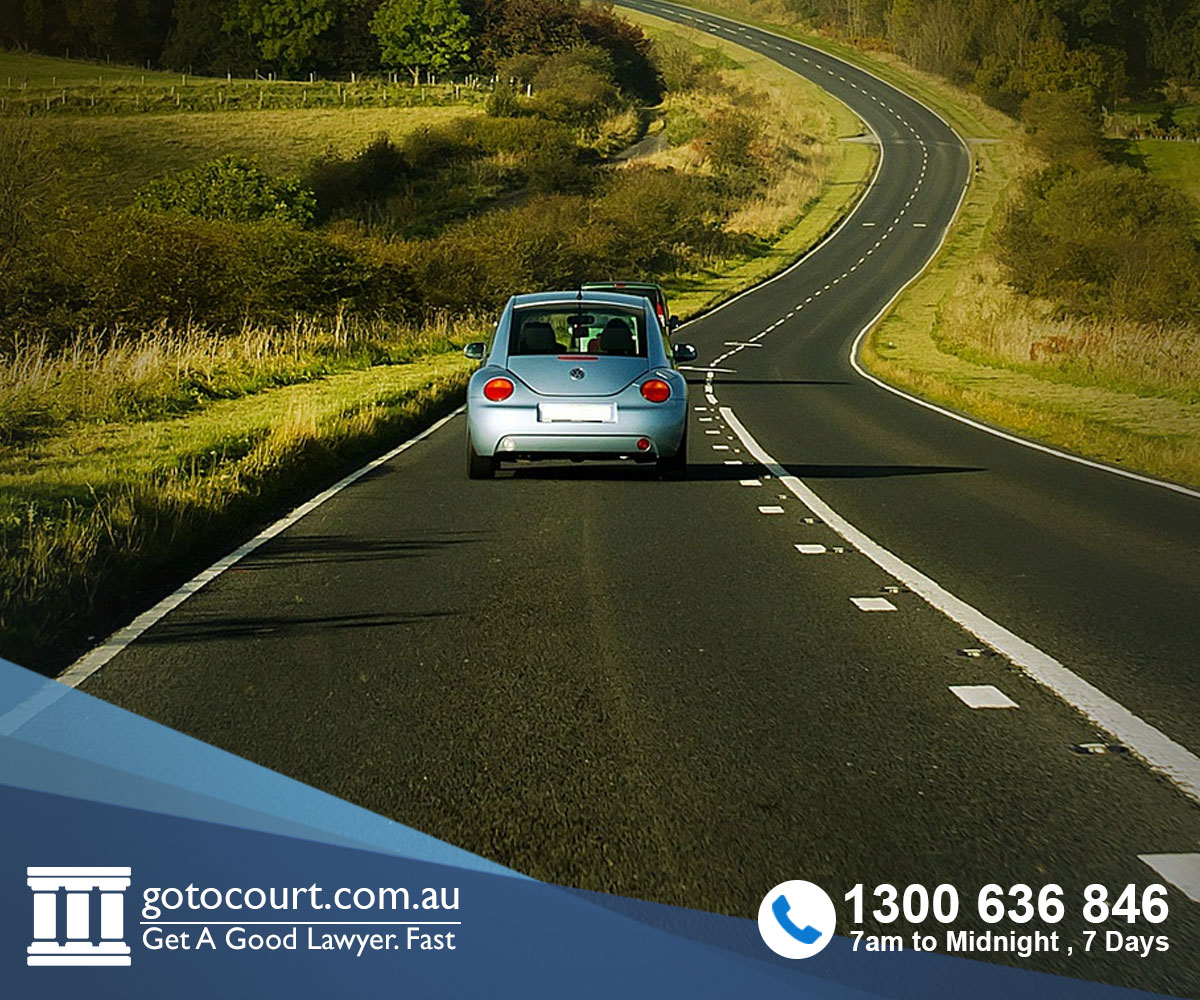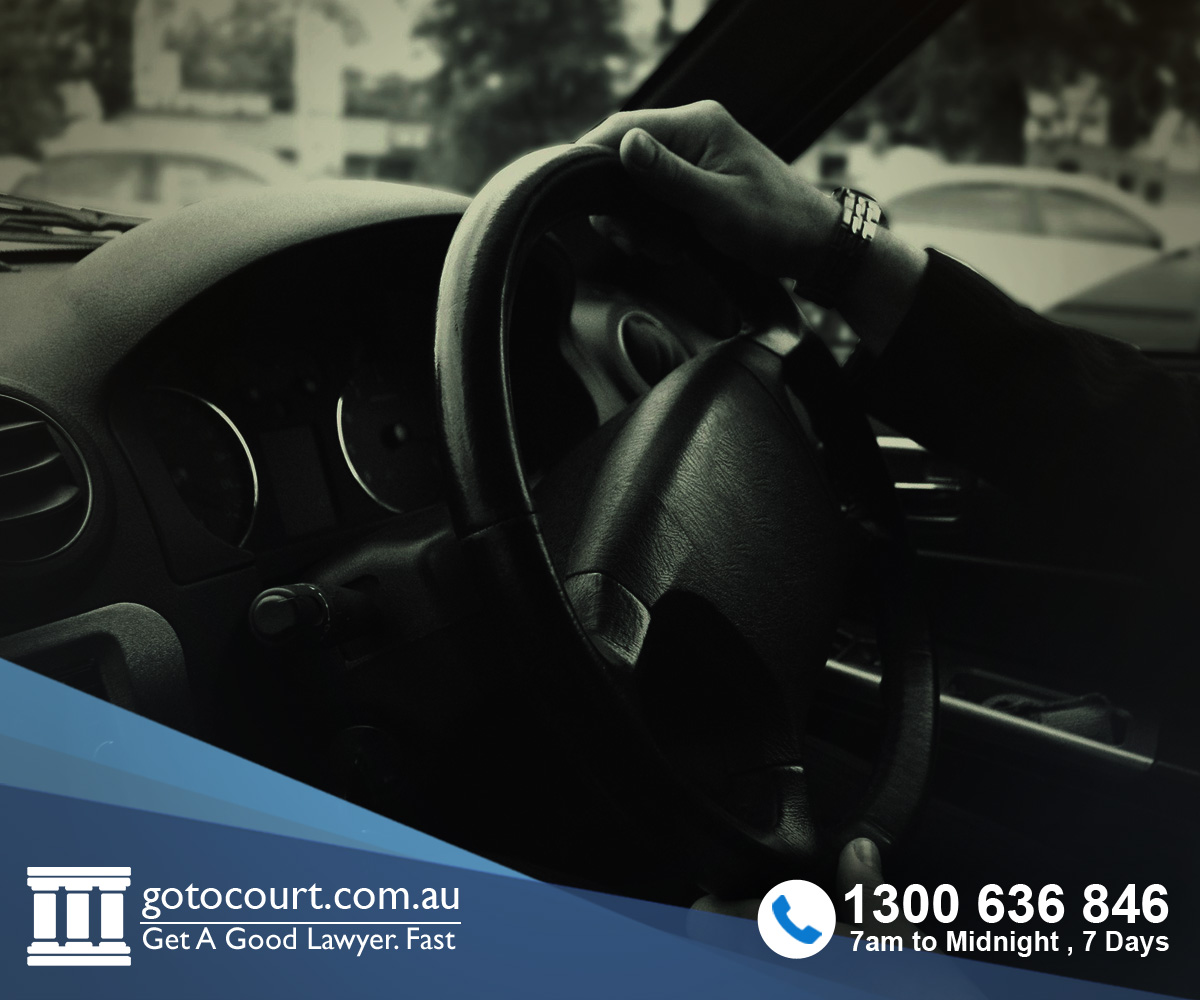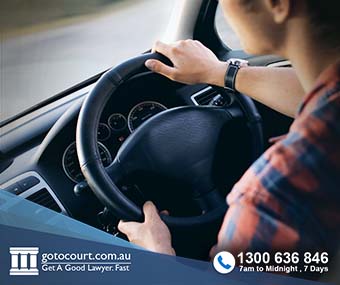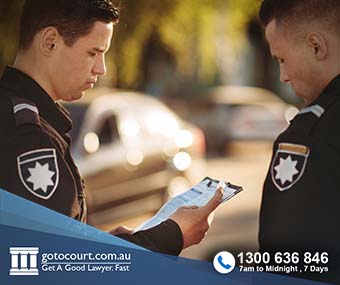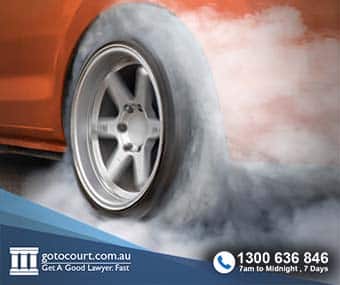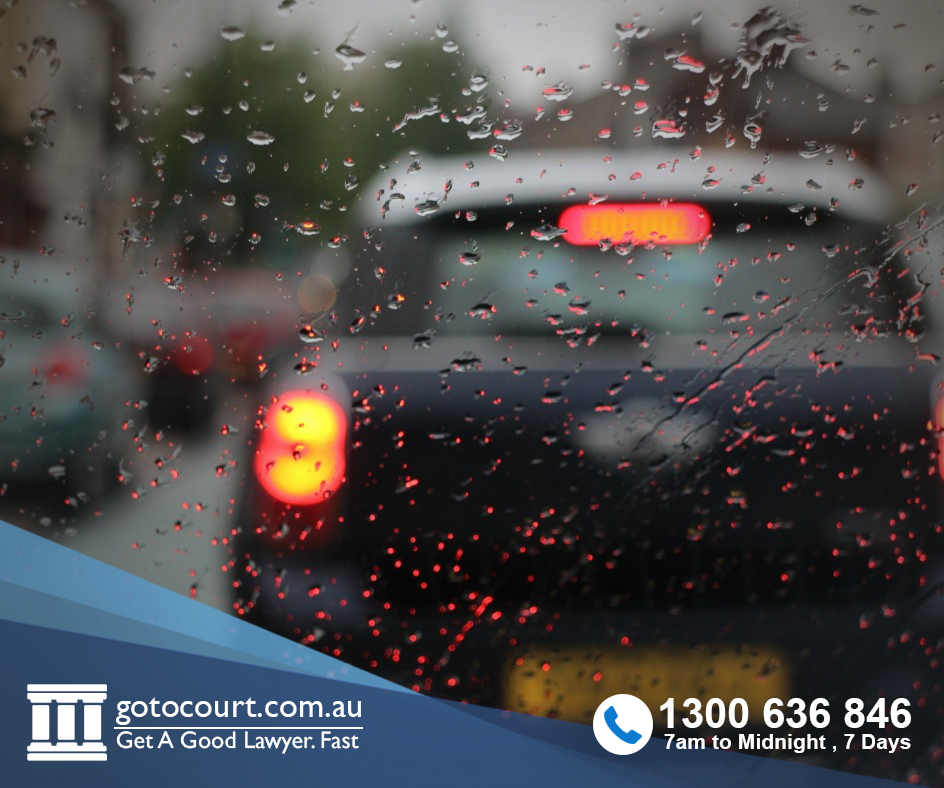Queensland Hoon Laws
Queensland Hoon Laws
Whether you are a new driver or a motor enthusiast in Queensland, it is important to be aware of the state’s anti-hoon laws. Tough penalties apply to reckless driving offences and hooning offences can result in the permanent confiscation of a vehicle. Anti-hooning laws were introduced in Queensland to improve road safety standards and to protect the community against dangerous and anti-social use of motor vehicles.
Hooning legislation in QLD
At the end of 2013, amendments were made to the Police Powers and Responsibilities Act 2000 relating to traffic offences. Under the amended provisions of this Act, police have increased powers to impound, confiscate or immobilise vehicles that have been involved in a hooning offence.
Hooning offences
In Queensland, offences that can be broadly classed as ‘hooning’ include speeding, playing loud music while driving, careless driving and street racing.
Section 69A of the Police Powers and Responsibilities Act 2000 divides certain ‘hooning’ offences into Type 1 and Type 2 vehicle related offences, depending on their seriousness. Different laws regarding impoundment and immobilisation of vehicles apply depending whether an offence is a Type 1 or Type 2 offence, and depending on whether it is the offender’s first offence or a second or subsequent offence.
Type 1 vehicle related offences
Type 1 vehicle related offences include dangerous driving , interfering with a motor vehicle, reckless or careless driving, drag racing, willfully driving in a way that creates unnecessary noise or smoke and failing to stop after being instructed to do so by police (also known as evading police).
Type 2 vehicle related offences
Type 2 vehicle related offences include driving in an unregistered or uninsured vehicle, driving without a licence or whilst under suspension, driving under the influence of alcohol or drugs, failing to complete, or refusing to complete a breath or saliva test and speeding at more than 40 kilometres over the speed limit.
Impoundment for hooning offences
A police officer may impound a vehicle for 90 days if the driver has been charged with a type 1 offence (Section 74). If a person is charged with a second or subsequent type 1 offence, the police may impound the vehicle until court proceedings have ended. If the driver is found guilty of the second or subsequent type 1 offence, the vehicle is forfeited permanently and becomes the property of the state (Section 74B).
A person found guilty of a type 2 offence will not have their car impounded if they are a first-time offender. However, if a driver is charged with a second type 2 offence, the police may impound the vehicle for seven days. If the driver is charged with a third type 2 offence, the police may impound the vehicle for 90 days. If a driver is found guilty of a fourth or subsequent type 2 offence, the vehicle will be forfeited permanently and will become the property of the state.
What if my vehicle has been impounded?
It is important to keep in mind that even if the car you are driving is not yours, it can still be impounded or immobilised if you commit a hooning offence in it.
Once an impoundment period is over, the driver or registered owner of the vehicle must cover all costs associated with the impoundment, unless the driver has been found not guilty of the charges, or the charges have been withdrawn. These expenses will include towing, impoundment and release costs.
Once an immobilisation period has expired, the registered owner of the vehicle, or an authorised third party, must attend at the property point detailed on the notice of immobilisation to reclaim the number plates and pay any costs associated with the immobilisation.
Appeal rights
In certain circumstances, it may also be possible to appeal the impoundment or immobilisation of a vehicle. For example, if the detainment of your vehicle will cause significant financial hardship, or if the offence occurred without your consent, you may be able to apply to the Commissioner of Police for the release of your vehicle. If your application is subsequently refused, you may have additional rights to challenge the decision in the Magistrates Court. A lawyer will be able to assist you to understand the charges against you and advise you on your appeal rights.
Offences relating to impoundment and immobilisation
If your vehicle has been confiscated by the police for hooning and impounded, you are prohibited from moving it from the holding yard during the period of impoundment. To do so is an offence, which attracts a maximum penalty of $4,554.00. It is also an offence to attempt to interfere with a vehicle whilst it is immobilised or whilst the licence plates have been confiscated.
If you require legal advice or representation in any legal matter, please contact Go To Court Lawyers.

Affordable Lawyers
Our Go To Court Lawyers will assist you in all areas of law. We specialise in providing legal advice urgently – at the time when you need it most. If you need a lawyer right now, today, we can help you – no matter where you are in Australia.How It Works




1. You speak directly to a lawyer
When you call the Go To Court Legal Hotline, you will be connected directly to a lawyer, every time.

2. Get your legal situation assessed
We determine the best way forward in your legal matter, free of charge. If you want to go ahead and book a face-to-face appointment, we will connect you with a specialist in your local area.

3. We arrange everything as needed
If you want to go ahead and book a fact-to-face appointment, we will connect you with a specialist in your local area no matter where you are and even at very short notice.



